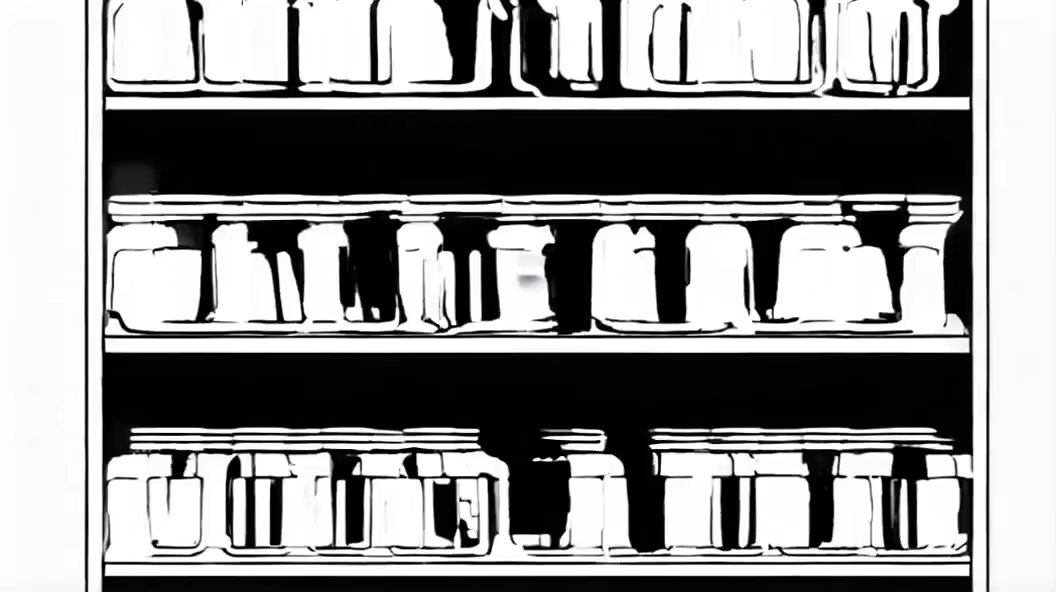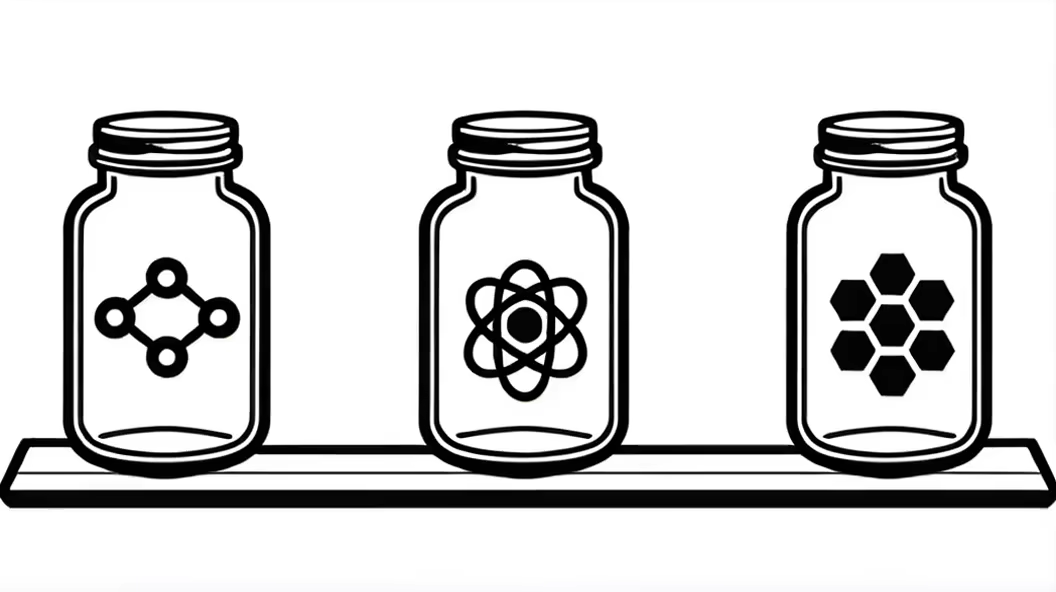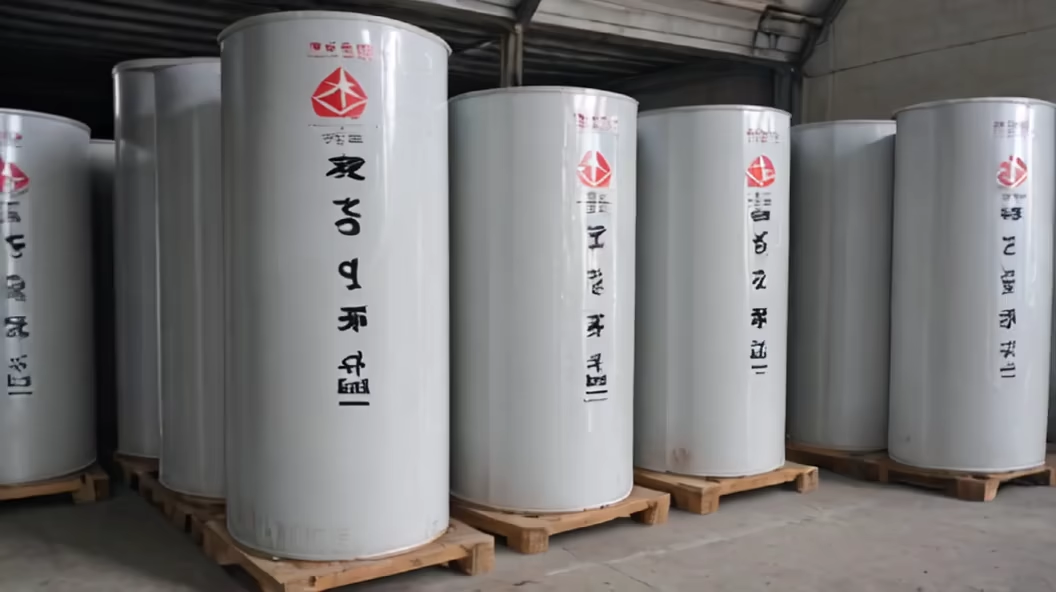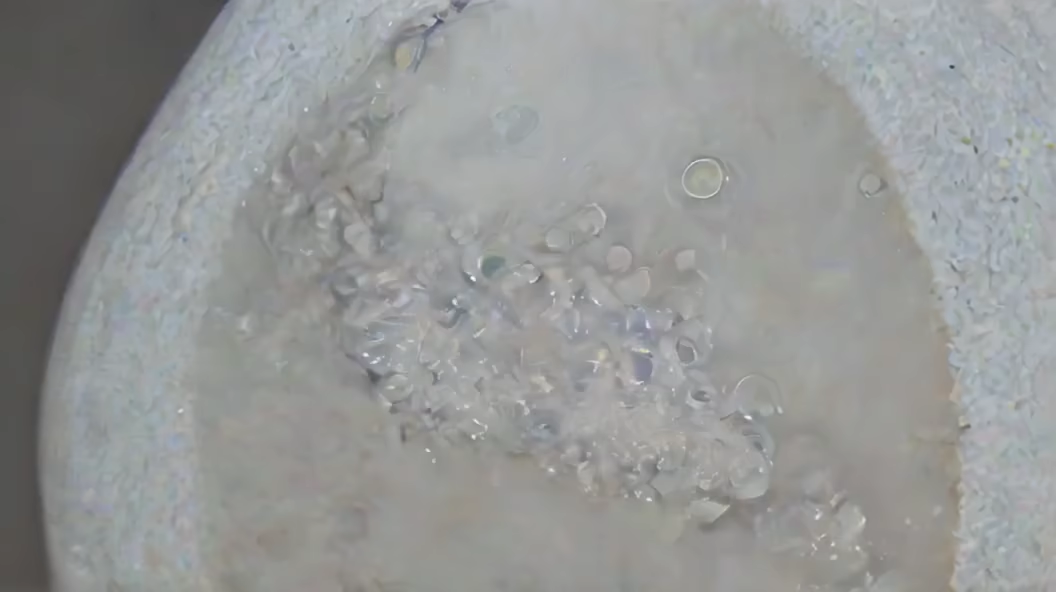Prompt: In a laboratory setting, a container holds a solution of Sanya Methyl Carbonate, a compound of interest in the field of chemistry. The molecular structure of Sanya Methyl Carbonate, with its carbon and oxygen composition, underscores its significance in various chemical processes. The solution visually manifests the compound, showcasing its characteristic properties, such as transparency and a distinct odor. The laboratory scene is rich with scientific equipment and glassware, providing a backdrop that hints at the ongoing experiments and applications involving Sanya Methyl Carbonate. The prompt opens the door to exploration, encouraging a deeper dive into the chemical intricacies, uses, and potential contributions of this compound within the realm of organic chemistry.
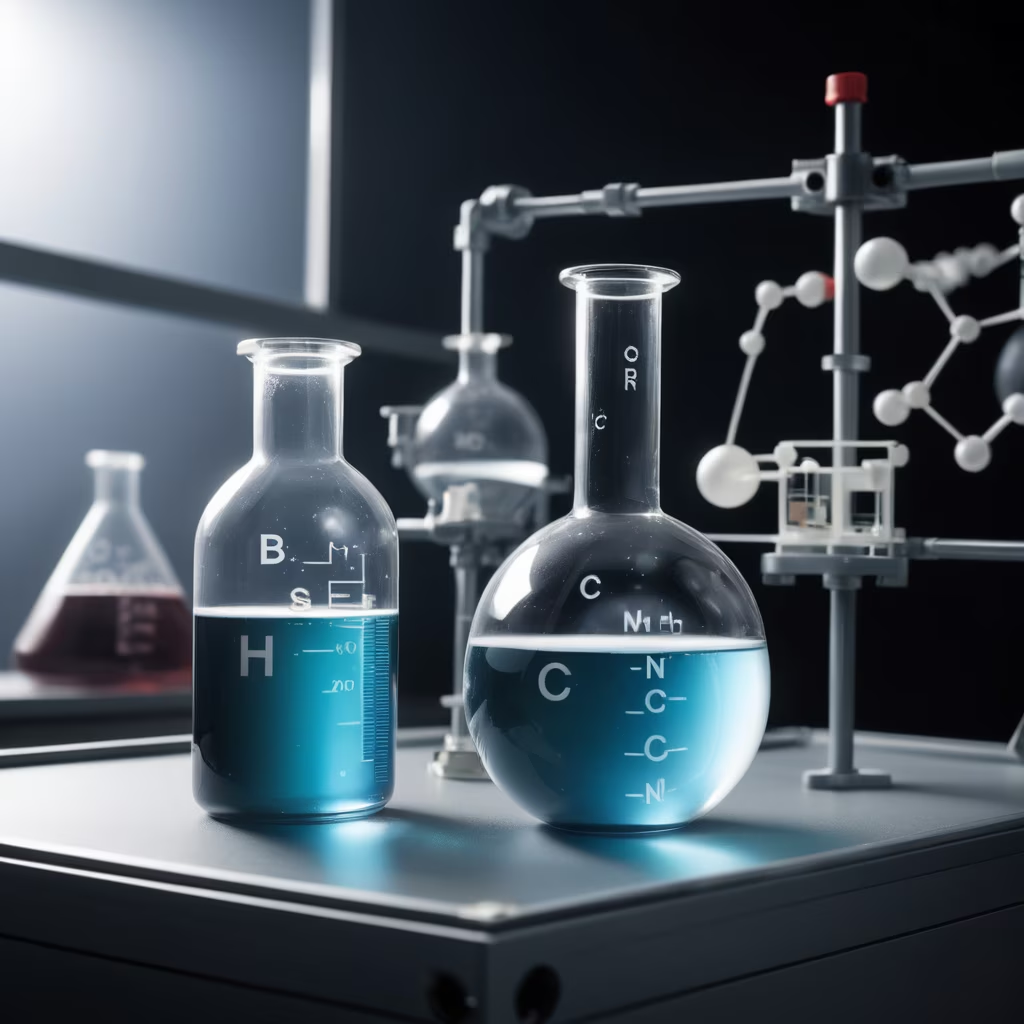

Prompt: the detailed molecular structure of Methyl Tricarbonate, a fascinating compound within the realm of chemistry. Visualize an illustrative representation of the molecular formula, revealing the specific arrangement of atoms and bonds in this organic compound. The depiction should highlight the unique characteristics of Methyl Tricarbonate, emphasizing its carbon, hydrogen, and oxygen composition.
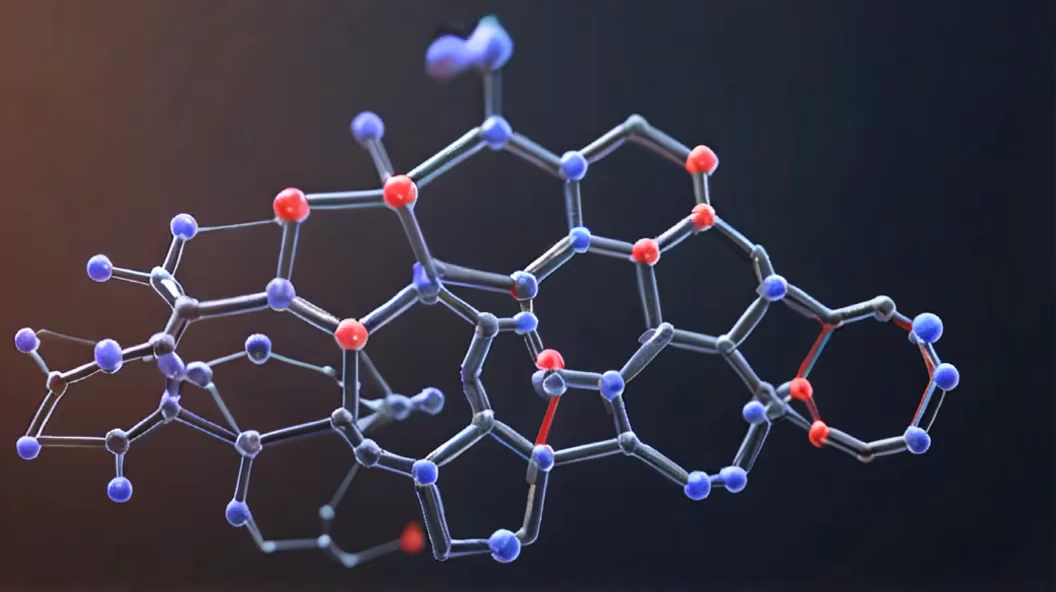
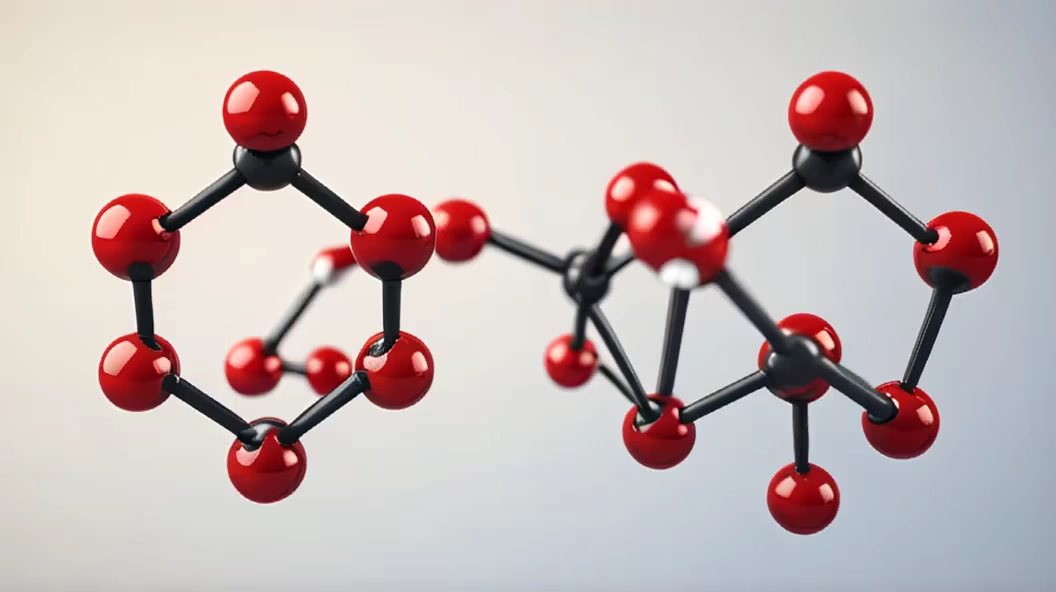
Prompt: the detailed molecular structure of Methyl Tricarbonate, a fascinating compound within the realm of chemistry. Visualize an illustrative representation of the molecular formula, revealing the specific arrangement of atoms and bonds in this organic compound. The depiction should highlight the unique characteristics of Methyl Tricarbonate, emphasizing its carbon, hydrogen, and oxygen composition.




Prompt: show the detailed molecular structure of Methyl Tricarbonate, a fascinating compound within the realm of chemistry. Visualize an illustrative representation of the molecular formula, revealing the specific arrangement of atoms and bonds in this organic compound. The depiction should highlight the unique characteristics of Methyl Tricarbonate, emphasizing its carbon, hydrogen, and oxygen composition.


Prompt: show the detailed molecular structure of Methyl Tricarbonate, a fascinating compound within the realm of chemistry. Visualize an illustrative representation of the molecular formula, revealing the specific arrangement of atoms and bonds in this organic compound. The depiction should highlight the unique characteristics of Methyl Tricarbonate, emphasizing its carbon, hydrogen, and oxygen composition.
Negative: ugly
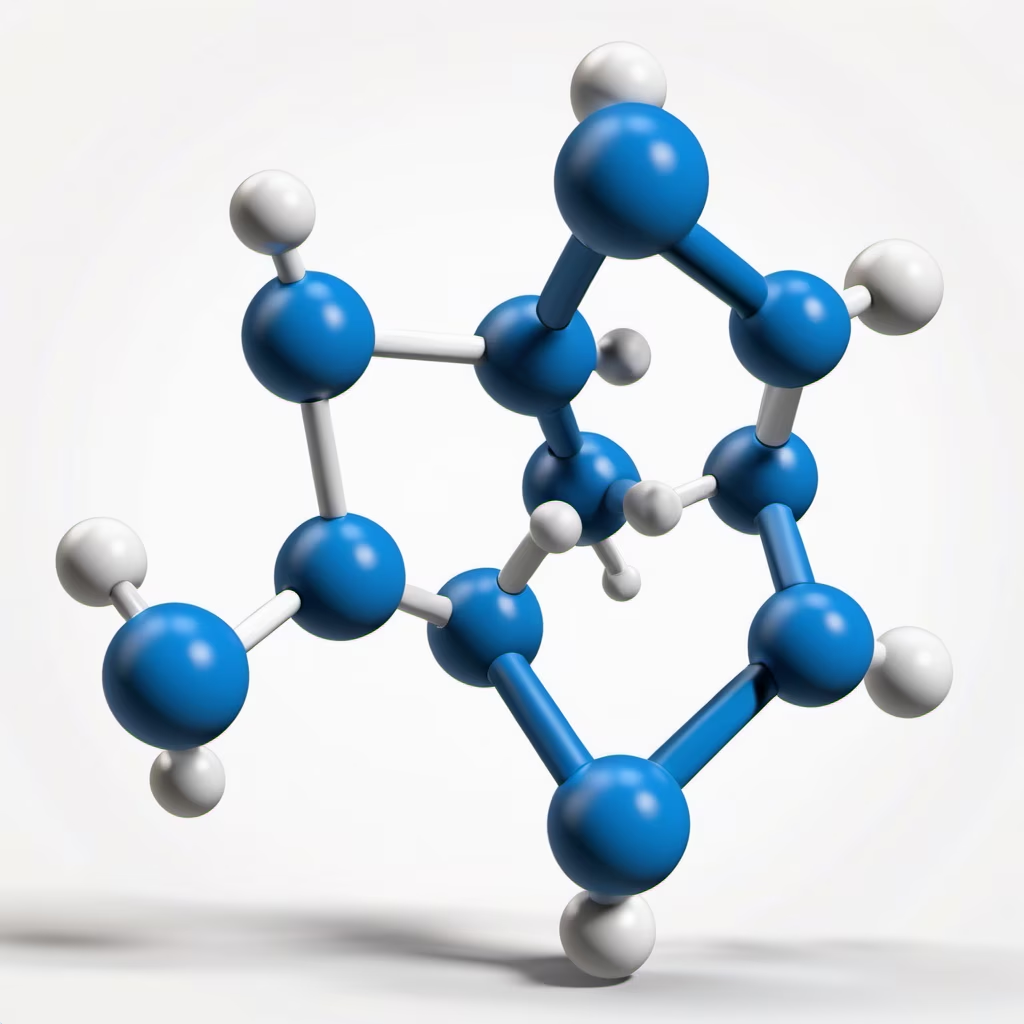

Prompt: A beaker holds a solution of benzol, a compound of particular interest in the realm of chemistry. Its molecular structure, composed of six carbon atoms arranged in a hexagonal ring with alternating single and double bonds, gives benzol unique properties. The solution showcases benzol in its liquid state, with distinct characteristics like a clear and colorless appearance, symbolizing its purity. Surrounding the beaker, the lab environment comes alive, with scientific instruments and glassware hinting at the ongoing experiments. The prompt captures the essence of benzol, inviting exploration into its chemical properties, applications, and the intricate world of aromatic hydrocarbons.


Prompt: show the detailed molecular structure of Methyl Tricarbonate, a fascinating compound within the realm of chemistry. Visualize an illustrative representation of the molecular formula, revealing the specific arrangement of atoms and bonds in this organic compound. The depiction should highlight the unique characteristics of Methyl Tricarbonate, emphasizing its carbon, hydrogen, and oxygen composition.
Style: Digital Art


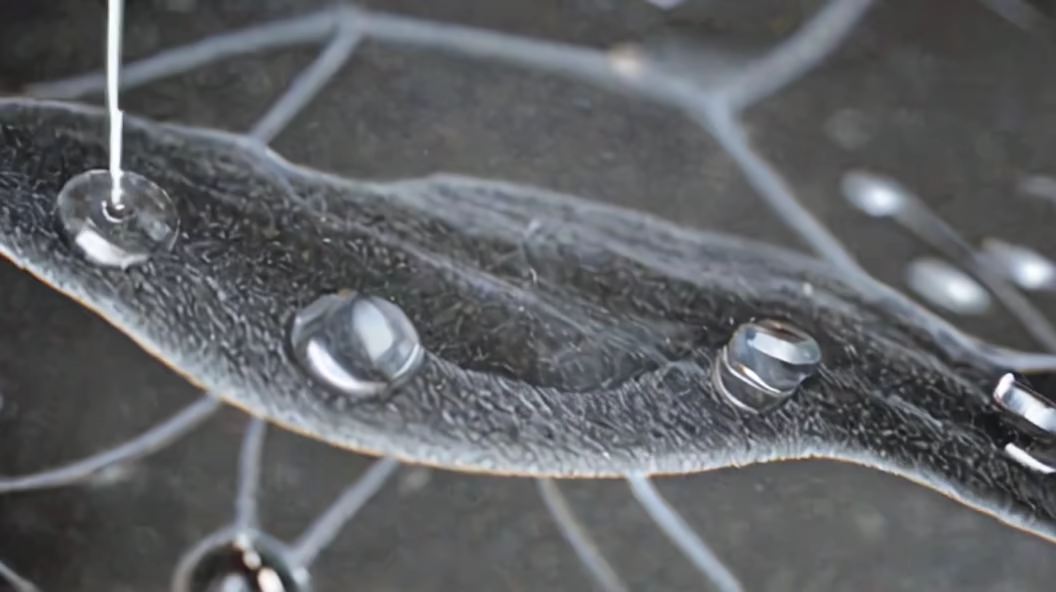
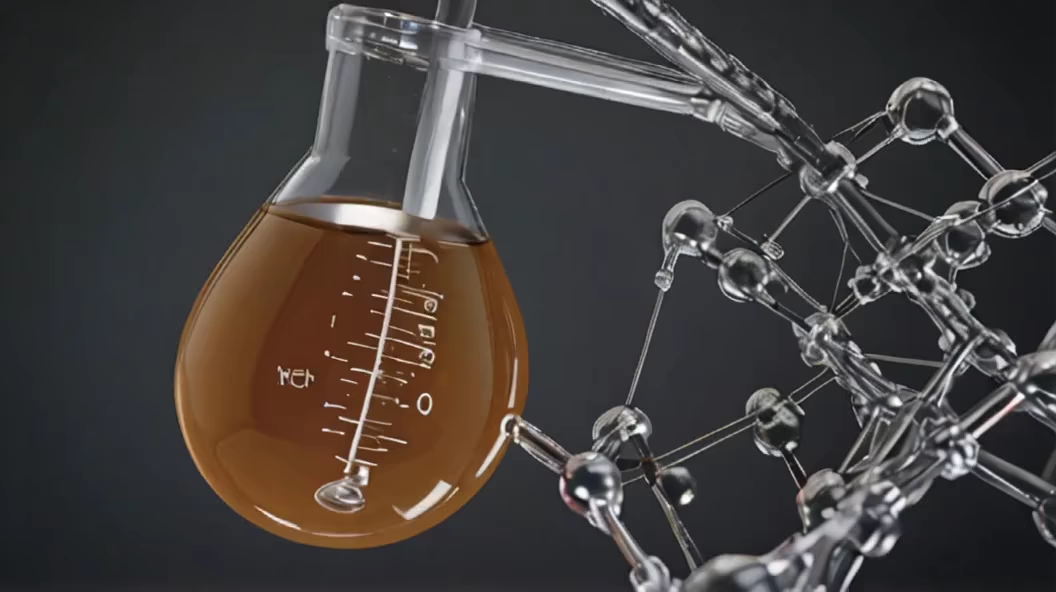
Prompt: show the detailed molecular structure of Methyl Tricarbonate, a fascinating compound within the realm of chemistry. Visualize an illustrative representation of the molecular formula, revealing the specific arrangement of atoms and bonds in this organic compound. The depiction should highlight the unique characteristics of Methyl Tricarbonate, emphasizing its carbon, hydrogen, and oxygen composition.
Style: Comic Book


Prompt: The beaker contains a unique solution, showcasing a fascinating interplay of substances. At the top of the beaker, a layer of oil floats, and within this oil, elemental benzene molecules are suspended. Simultaneously, at the bottom of the beaker, water resides, hosting another elemental benzene along with a floating polymer.




Prompt: The beaker contains a unique solution, showcasing a fascinating interplay of substances. At the top of the beaker, a layer of oil floats, and within this oil, elemental benzene molecules are suspended. Simultaneously, at the bottom of the beaker, water resides, hosting another elemental benzene along with a floating polymer. The intriguing aspect arises from the interaction between the benzene molecules in the oil and water phases. An extraordinary event unfolds as a membrane forms at the interface between the oil and water layers. This membrane is a result of the benzene molecules' self-organization, creating a barrier that separates the two liquid phases. Due to the formation of this benzene-derived membrane, a distinct boundary is established, preventing the polymer from crossing between the oil and water layers. The polymer, unable to traverse this membrane, remains confined to the water phase. This phenomenon highlights the unique properties and interactions of benzene molecules in this particular solution, demonstrating their ability to create a selective barrier that influences the movement of other substances within the beaker.
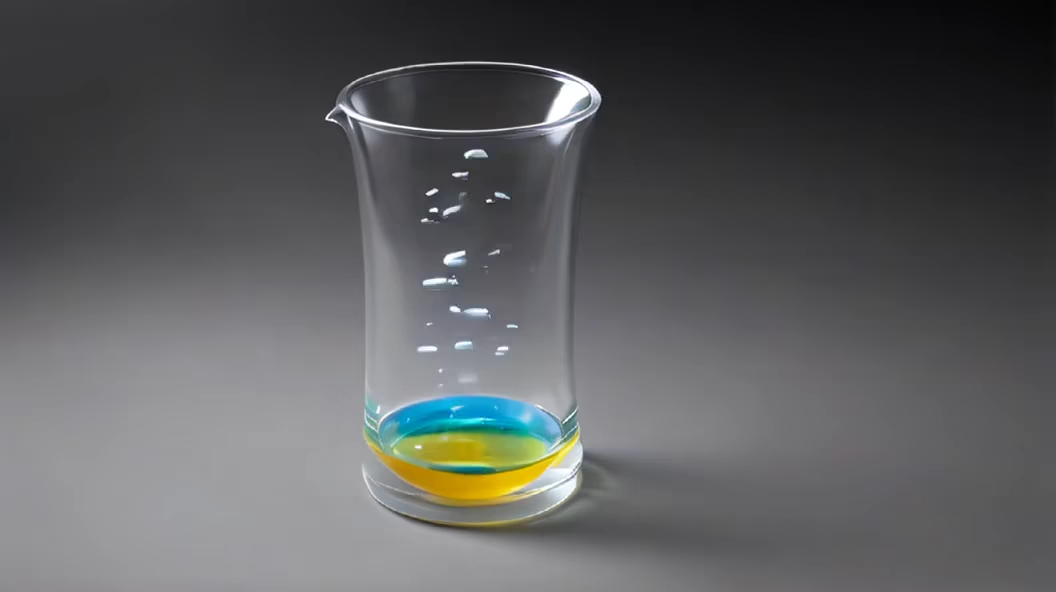
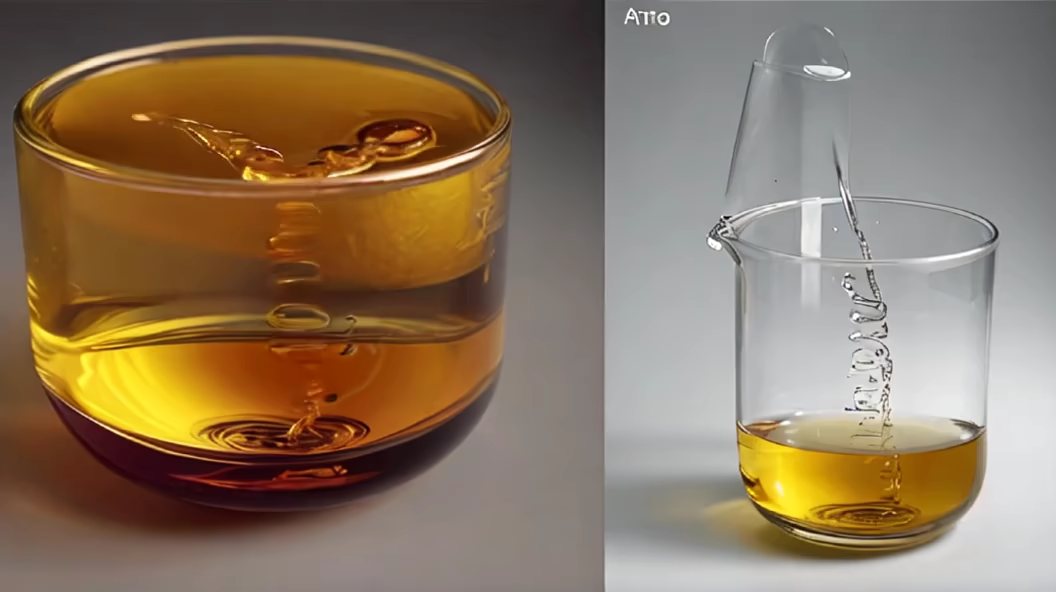
Prompt: The beaker contains a unique solution, showcasing a fascinating interplay of substances. At the top of the beaker, a layer of oil floats, and within this oil, elemental benzene molecules are suspended. Simultaneously, at the bottom of the beaker, water resides, hosting another elemental benzene along with a floating polymer. The intriguing aspect arises from the interaction between the benzene molecules in the oil and water phases. An extraordinary event unfolds as a membrane forms at the interface between the oil and water layers. This membrane is a result of the benzene molecules' self-organization, creating a barrier that separates the two liquid phases.


Prompt: Simple science, technology, chemistry, A beaker is filled with a solution with oil on top and water on the bottom. Inside the oil there is elemental benzene floating, and inside the water there is another elemental benzene and a polymer floating. The benzene inside the oil and the water formed a membrane between the oil and the water, causing the polymer to be unable to pass through that membrane.
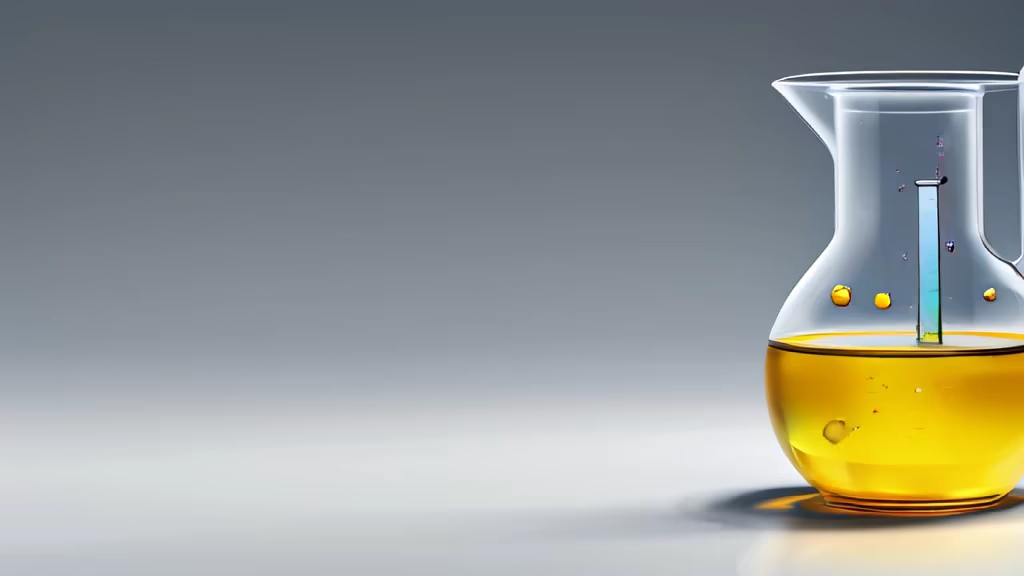
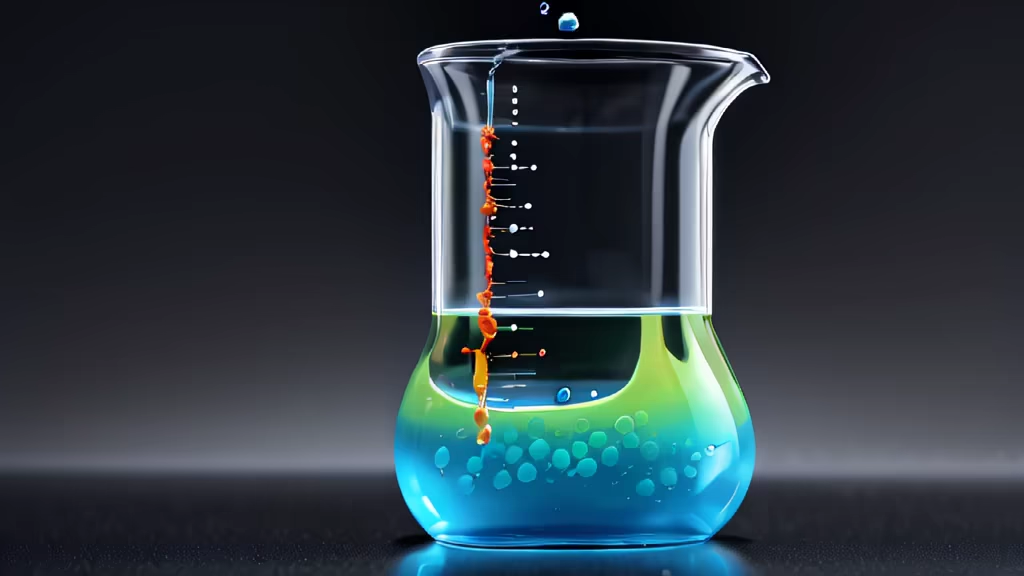
Prompt: A beaker is filled with a solution with oil on top and water on the bottom. Inside the oil there is elemental benzene floating, and inside the water there is another elemental benzene and a polymer floating. The benzene inside the oil and the water formed a membrane between the oil and the water, causing the polymer to be unable to pass through that membrane.
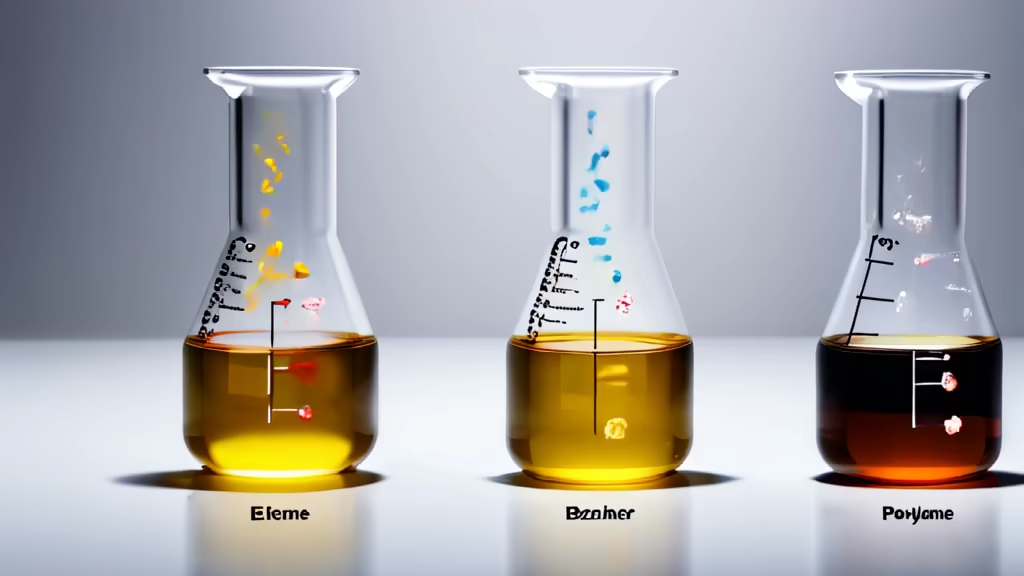
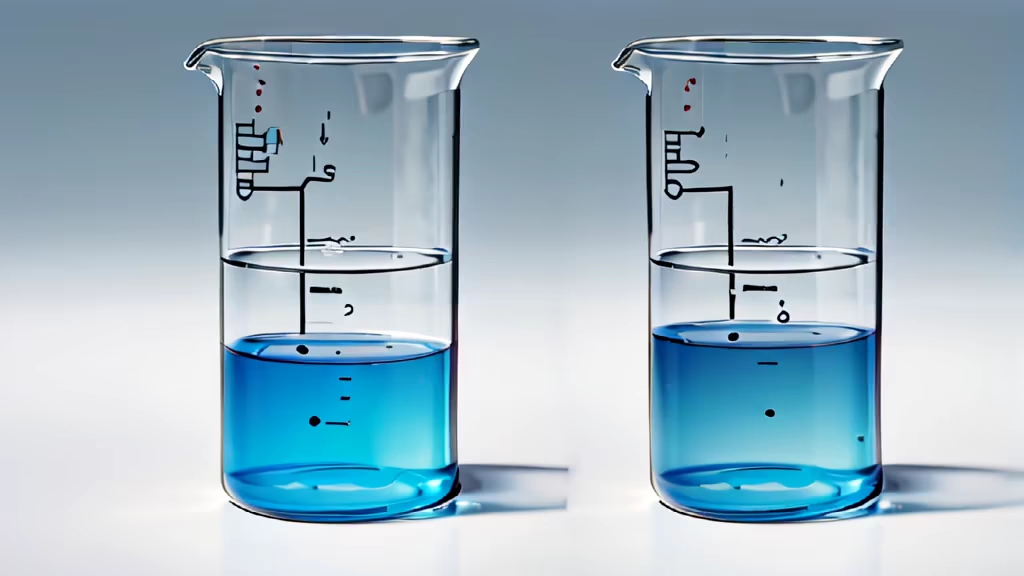
Prompt: In a beaker, there's a solution with oil forming a layer on top and water beneath. Suspended in the oil are elemental benzene molecules, while the water holds another elemental benzene and a floating polymer.


Prompt: In the laboratory, an oil bath is used. An oil bath is a container filled with heating oil, which is used to heat liquids or solid samples in the container by controlling the temperature of the oil. It is commonly used in organic synthesis reactions to provide uniform heating and stable reaction temperatures.
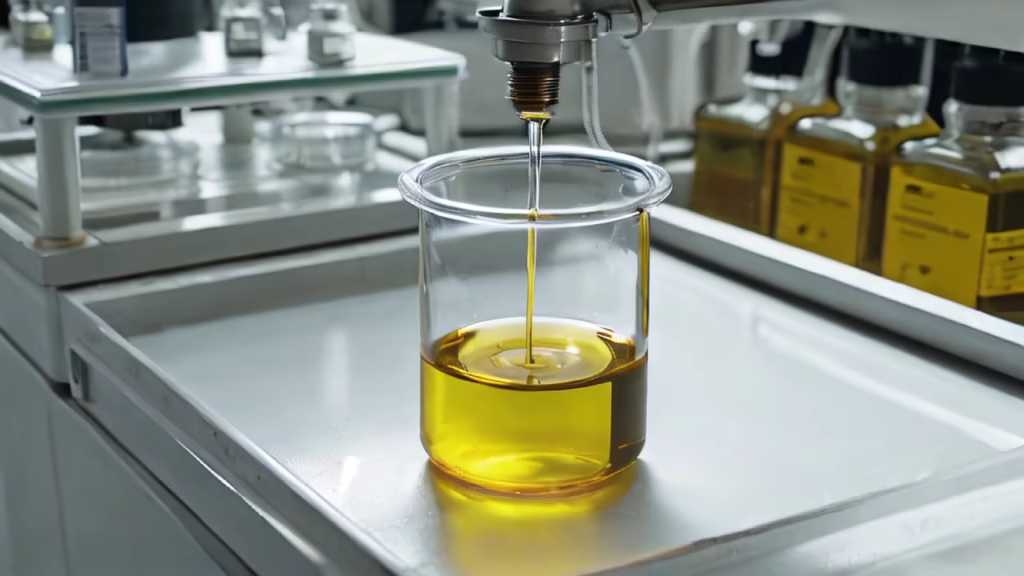
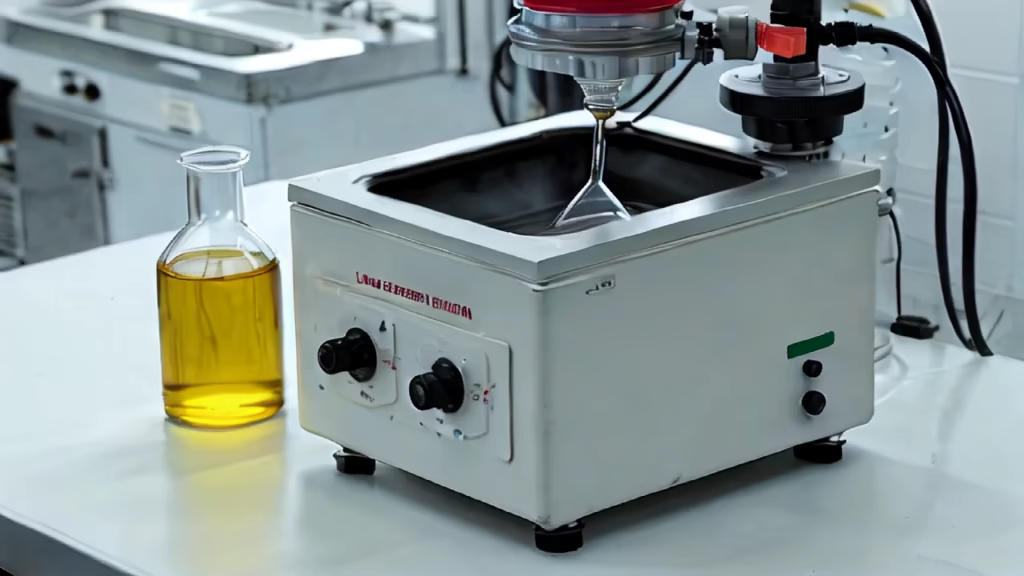
Prompt: science and technology, chemotherapy, A beaker is filled with a solution with oil on top and water on the bottom. Inside the oil there is elemental benzene floating, and inside the water there is another elemental benzene and a polymer floating. The benzene inside the oil and the water formed a membrane between the oil and the water, causing the polymer to be unable to pass through that membrane.
Style: Analog Film


Prompt: In a glass beaker, a visually intriguing composition comes to life as it holds a solution divided into distinct layers. At the uppermost part, a translucent layer of oil gracefully floats, forming a distinctive interface with the layer beneath. The lower portion of the beaker is occupied by clear water, creating a juxtaposition of two immiscible liquids. This stratified arrangement of oil atop water sets the stage for an exploration of the unique interactions within the solution. The oil layer, characterized by its buoyancy, creates a dynamic boundary with the aqueous layer beneath, presenting an opportunity for fascinating phenomena to unfold in this microcosm of molecular activity.


Prompt: science and technology, chemotherapy, A beaker is filled with a solution with oil on top and water on the bottom. Inside the oil there is elemental benzene floating, and inside the water there is another elemental benzene and a polymer floating. The benzene inside the oil and the water formed a membrane between the oil and the water, causing the polymer to be unable to pass through that membrane.
Style: 3D Model


Prompt: Compose an intricate visual representation of a small section of polyisoprene resembling a cutaway view of a pipe. Immerse viewers in the molecular world of polyisoprene by highlighting the detailed structure of its repeating isoprene monomer units. Consider the following details for an engaging and educational depiction: 1. **Colorful Molecular Structure:** - Use a vibrant and distinct color palette to differentiate isoprene monomer units. - Employ shading and gradients to create a visually appealing and realistic representation of the molecular chains. 2. **Three-Dimensional Perspective:** - Apply lighting effects and shadows to give the molecular structure a three-dimensional depth, making it visually striking. - Consider incorporating a subtle texture to convey the material's molecular intricacies. 3. **Pipe Section Context:** - Surround the molecular structure with a transparent section of pipe, adding a contextual element to the visualization. - Emphasize the cylindrical shape of the pipe, enhancing the realism of the overall image. 4. **Educational Labels:** - Include informative labels or annotations that describe key features of polyisoprene's molecular structure. - Provide concise explanations to help viewers understand the significance of isoprene monomer arrangement. 5. **Macro Perspective:** - Zoom in closely to showcase the details of the molecular structure, allowing viewers to appreciate the complexity of polyisoprene at a microscopic level. By integrating these details, the prompt aims to inspire a visually captivating representation of polyisoprene, inviting viewers to explore the material's molecular composition within the context of a small section of pipe. This approach not only adds aesthetic appeal but also serves as an educational tool, offering insights into the fascinating world of polymer chemistry.


Prompt: Design a visually compelling image that simulates a cross-section of polyisoprene resembling a small section of pipe. The focus should be on providing a detailed view of polyisoprene's molecular structure. Visualize the repeating isoprene monomer units arranged in a chain, highlighting the polymer's characteristic structure. Consider incorporating a color scheme that distinguishes individual monomer units and emphasizes the connectivity between them. Use shading and lighting effects to add depth, making the molecular structure appear three-dimensional within the pipe section. Additionally, you may want to include labels or annotations to educate viewers about the composition of polyisoprene and its significance in various applications. This prompt encourages a creative exploration of the molecular intricacies of polyisoprene within a visually appealing representation of a small pipe section, blending both scientific accuracy and aesthetic appeal.




Prompt: science an technology, chemistry, Design a visually compelling image that simulates a cross-section of polyisoprene resembling a small section of pipe. The focus should be on providing a detailed view of polyisoprene's molecular structure. Visualize the repeating isoprene monomer units arranged in a chain, highlighting the polymer's characteristic structure. Consider incorporating a color scheme that distinguishes individual monomer units and emphasizes the connectivity between them. Use shading and lighting effects to add depth, making the molecular structure appear three-dimensional within the pipe section. Additionally, you may want to include labels or annotations to educate viewers about the composition of polyisoprene and its significance in various applications. This prompt encourages a creative exploration of the molecular intricacies of polyisoprene within a visually appealing representation of a small pipe section, blending both scientific accuracy and aesthetic appeal.




Prompt: science an technology, chemistry, Design a visually compelling image that simulates a cross-section of polyisoprene resembling a small section of pipe. The focus should be on providing a detailed view of polyisoprene's molecular structure. Visualize the repeating isoprene monomer units arranged in a chain, highlighting the polymer's characteristic structure. Consider incorporating a color scheme that distinguishes individual monomer units and emphasizes the connectivity between them. Use shading and lighting effects to add depth, making the molecular structure appear three-dimensional within the pipe section. Additionally, you may want to include labels or annotations to educate viewers about the composition of polyisoprene and its significance in various applications. This prompt encourages a creative exploration of the molecular intricacies of polyisoprene within a visually appealing representation of a small pipe section, blending both scientific accuracy and aesthetic appeal, complete, a single strand of polyisopreneon a white background, a digital rendering by Pamela Drew, reddit, generative art, polyisoprene helix,polyisoprene strands.
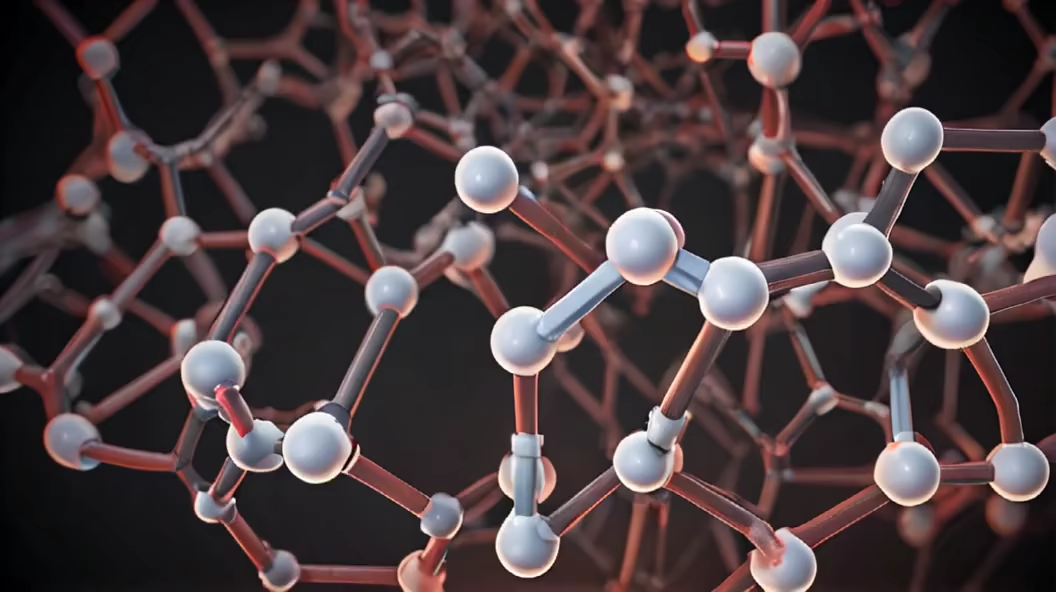
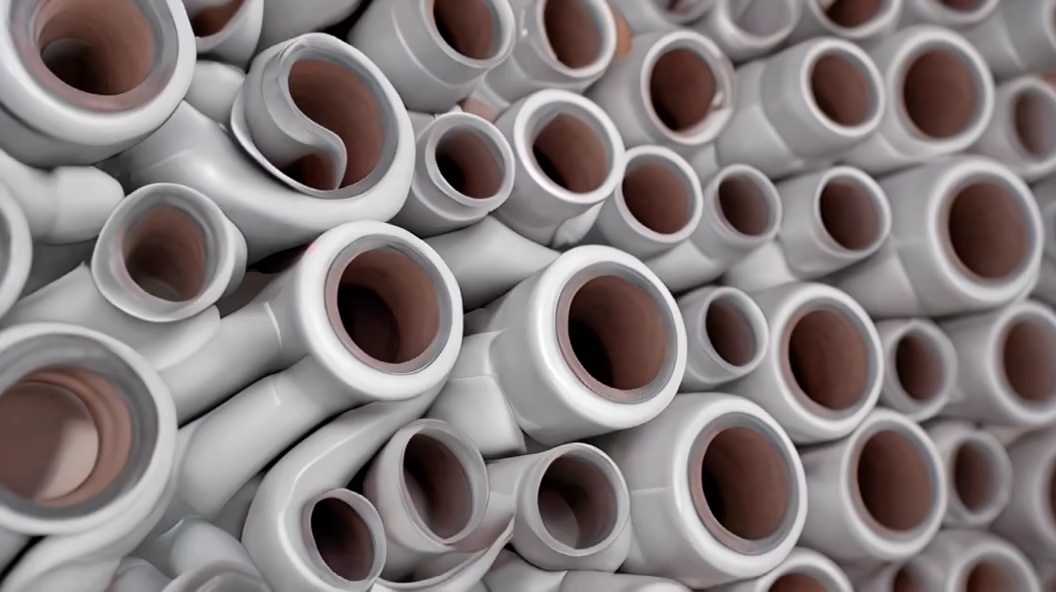
Prompt: science and technology, chemotherapy, A beaker is filled with a solution with oil on top and water on the bottom. Inside the oil there is elemental benzene floating, and inside the water there is another elemental benzene and a polymer floating. The benzene inside the oil and the water formed a membrane between the oil and the water, causing the polymer to be unable to pass through that membrane.
Style: Digital Art


Prompt: A high-resolution photograph capturing the essence of magnetic materials, emphasizing intricate details of metallic surfaces exhibiting magnetic properties. showcase a variety of magnetic objects, including but not limited to magnets, iron filings, and metallic objects influenced by magnetic forces. The setting is a well-lit laboratory with soft, diffused lighting to enhance the reflective qualities of the materials. Use a macro lens, such as a Canon EF 100mm f/2.8L, to capture close-up shots with a shallow depth of field, highlighting the textures and patterns. monochromatic color scheme, focusing on grayscale tones to emphasize the contrast between magnetic and non-magnetic elements.


Prompt: science and technology, chemotherapy, A beaker is filled with a solution with oil on top and water on the bottom. Inside the oil there is elemental benzene floating, and inside the water there is another elemental benzene and a polymer floating. The benzene inside the oil and the water formed a membrane between the oil and the water, causing the polymer to be unable to pass through that membrane.
Style: Comic Book


Prompt: breathtaking professional award-winning photograph of a scene called Enzyme-Substrate Interaction: An enzyme molecule, with its unique active site, binds to its substrate in a lock-and-key mechanism. The scene captures the moment of this biochemical union, the substrate fitting perfectly into the enzyme. This fleeting interaction, crucial for metabolic processes, is like a molecular handshake that initiates a cascade of reactions.


Prompt: Above an oil bath, a liquid being stirred is undergoing a reaction in a three-neck flask, one of whose necks is connected to a separatory funnel and a condenser.

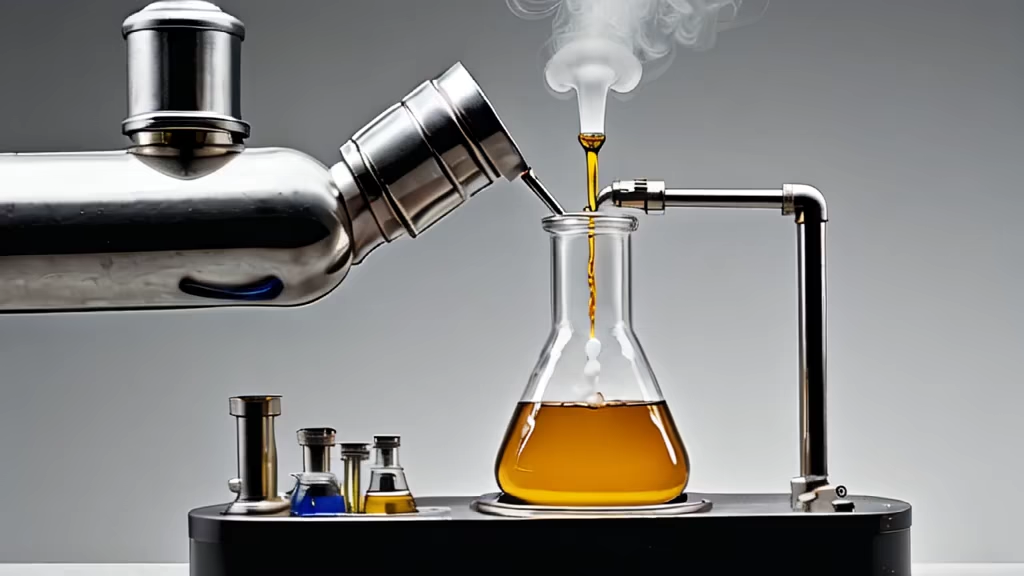
Prompt: Molecular reaction 3D schematic model; A small number of randomly discharged sheet-like six-membered rings; The Spaces between rings are filled with colloidal substances rather than molecular bonds




Prompt: Molecular reaction 3D schematic model; Several cluttered hexagonal prism molecules; The space between them is filled with a colloidal substance


Prompt: Molecular reaction diagram; Many cluttered emissions of hexagonal prism molecules; The space between them is filled with a colloidal substance
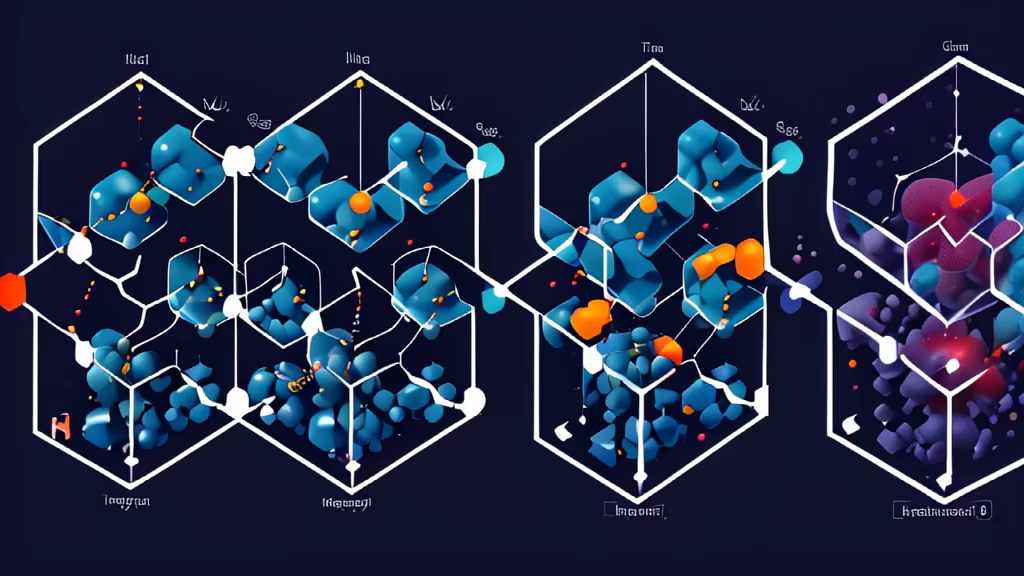
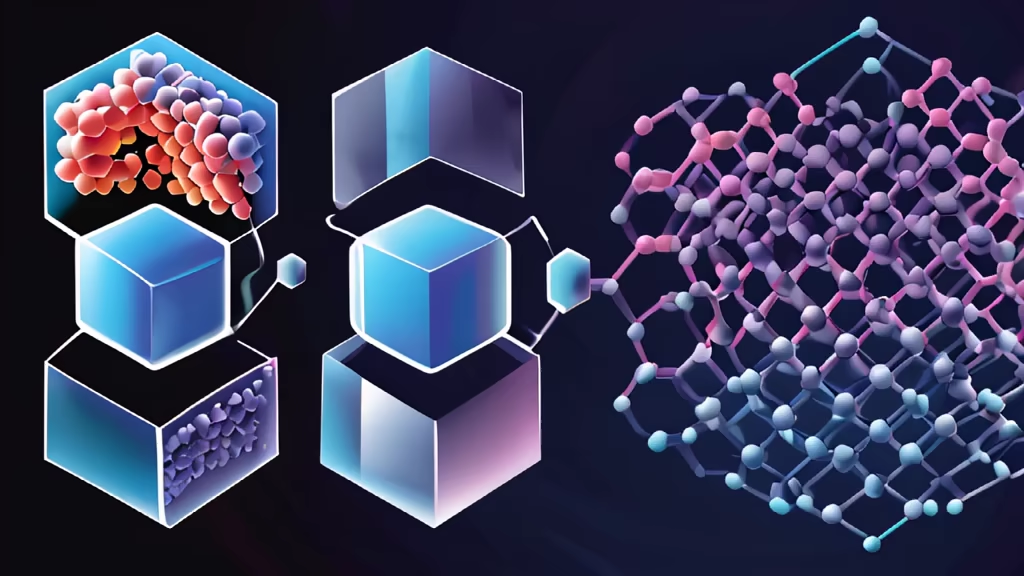
Prompt: A container device that collects and restores high pressure in the air, which can be converted into fuel through a timely platform reaction

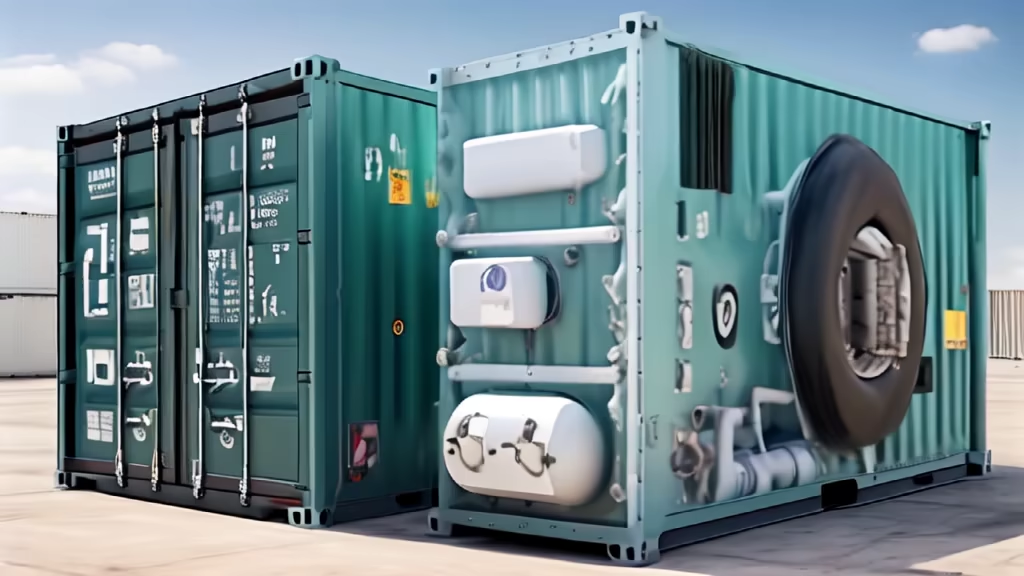
Prompt: A container device that collects and restores high pressure in the air, which can be converted into fuel through a timely platform reaction


Prompt: A visually stunning representation of the hyperfine structure of hydrogen, captured in a scientific laboratory setting. Focus on the intricate details of the atomic structure, showcasing electron transitions and energy levels. Utilize a high-powered microscope or macro lens for extreme close-ups. Opt for a dark background to emphasize the vibrant spectral lines. Experiment with soft, diffused lighting to highlight the delicate features without creating harsh shadows. Aim for a composition that balances scientific precision with artistic flair, evoking a sense of wonder and curiosity.


Prompt: A visually stunning representation of the hyperfine structure of hydrogen, captured in a scientific laboratory setting. Focus on the intricate details of the atomic structure, showcasing electron transitions and energy levels. Utilize a high-powered microscope or macro lens for extreme close-ups. Opt for a dark background to emphasize the vibrant spectral lines. Experiment with soft, diffused lighting to highlight the delicate features without creating harsh shadows. Aim for a composition that balances scientific precision with artistic flair, evoking a sense of wonder and curiosity.


Prompt: Molecular reaction 3D schematic model; Several cluttered discharges of long hexagonal prism molecules; The Spaces between them are filled with colloidal substances rather than molecular bonds
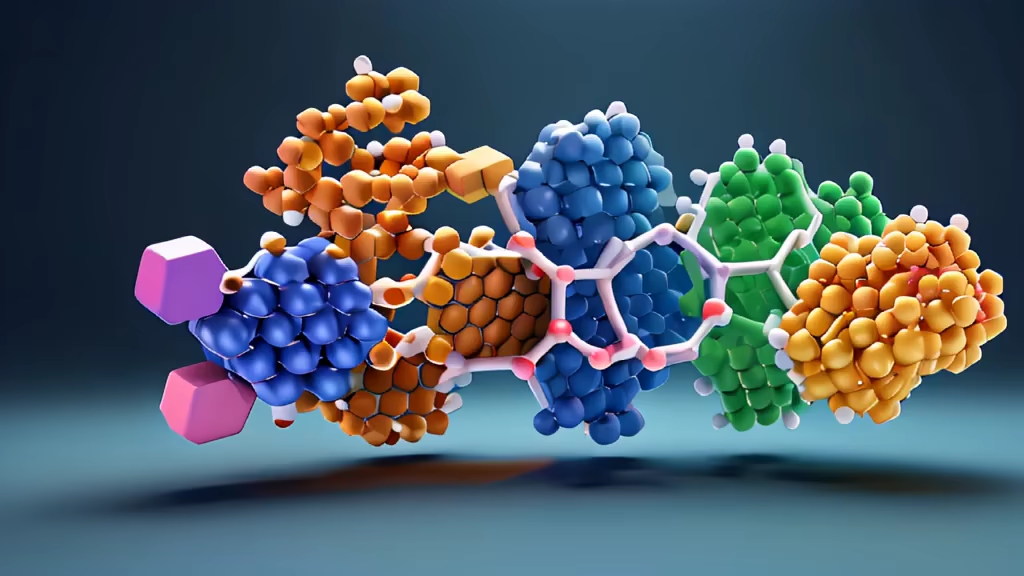
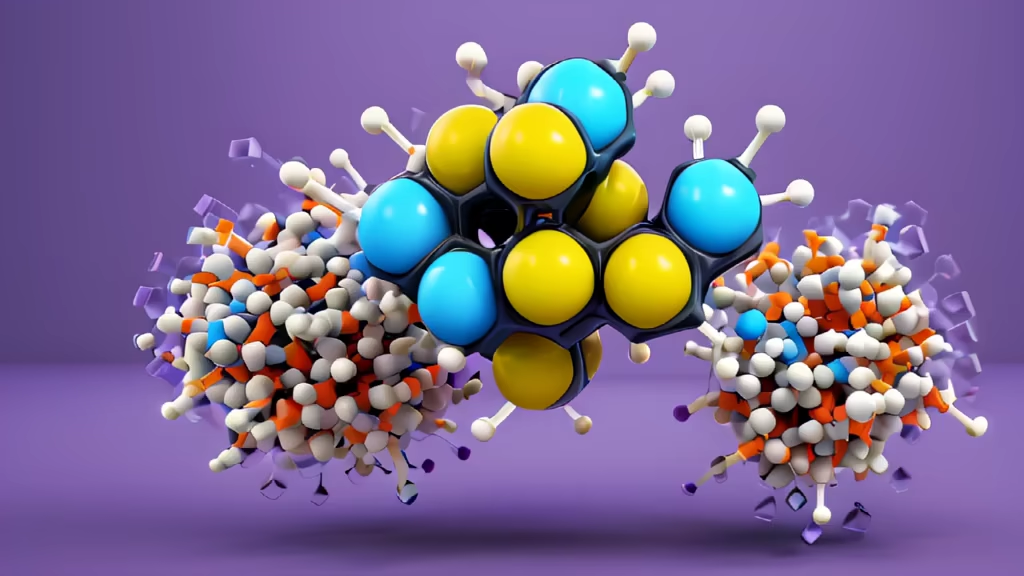
Prompt: That's correct! An oil bath is indeed a commonly used tool in laboratories, especially in organic synthesis reactions. It helps provide uniform heating and stable reaction temperatures by controlling the temperature of the oil. This is important for maintaining the desired reaction conditions and ensuring reliable results. If you have any specific questions about oil baths or their usage, feel free to ask!
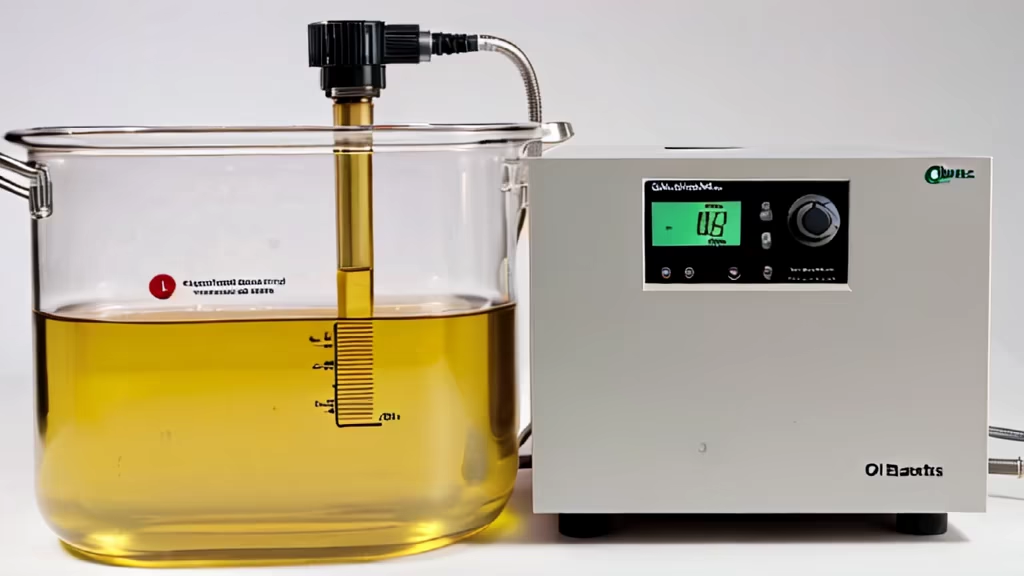
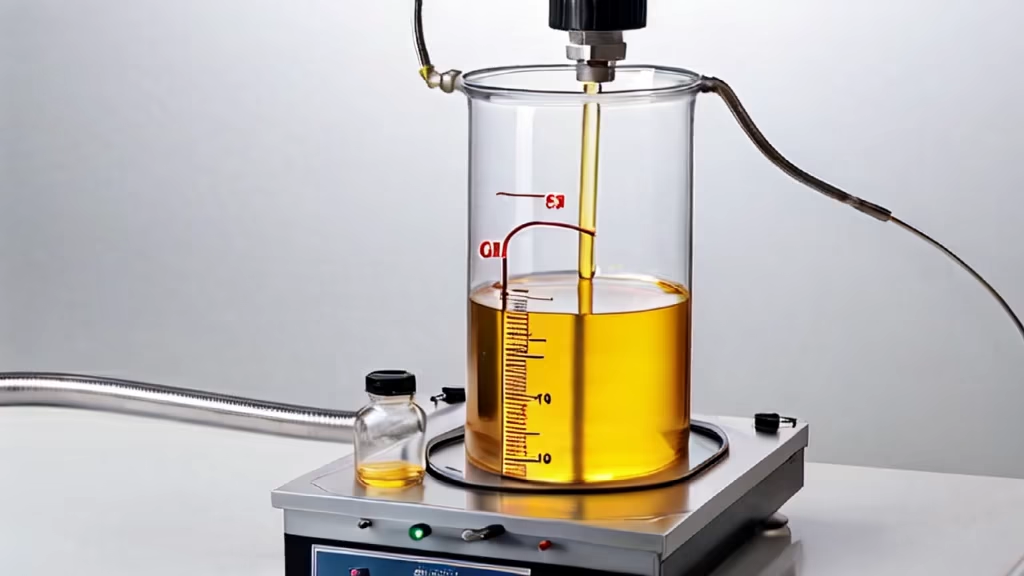
Prompt: (professional photography,diffusion of molecules, high detail, high resolution,smooth focus, proportions, 16k resolution, ultra realistic),In the alchemy labs underground, master vitamancers carefully combined rare essences in an attempt to coax inorganic matter into a living state. Under close monitoring, the sediment in one flask took on a faint pulsating glow. Then overnight growth accelerated alarmingly - small blob-like fragments divided and integrated at hyper-speed. Arriving researchers gaped in horror at the seething morass crammed against the glass walls. Minute frond-like appendages writhed as the mass doubled in size with each minute. Frantic calculations showed it would consume the entire container within hours at this growth rate. But attempts to end the experiment were hampered by the lightning-fast reactions. In an act of desperation, a high-radiation obliteration matrix was aligned with the flask. On the count of three, searing energy discharged - but too late. The container shattered, unleashing hundreds of glistening globules across the chamber in the explosion. Wild incantations blasted the multiplying nodules before all could seed more strains. Questions lingered as to what sentient potential was destroyed, and whether some aberrant spawn may yet incubate in cracks, given time to mature in the substrate of magic
Negative: illustration style,art style,pixar style,dark
Style: Photographic


















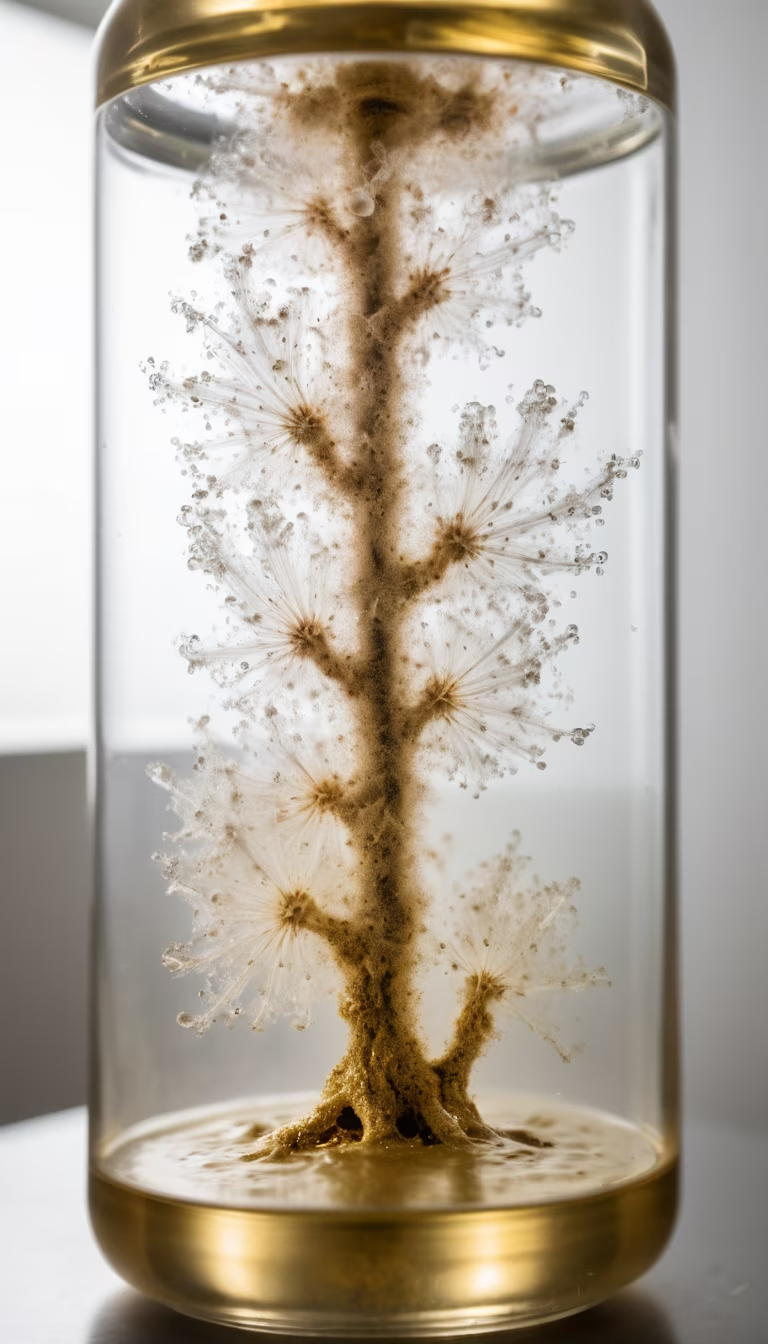

















Prompt: (professional photography,diffusion of molecules, high detail, high resolution,smooth focus, proportions, 16k resolution, ultra realistic),In the alchemy labs underground, master vitamancers carefully combined rare essences in an attempt to coax inorganic matter into a living state. Under close monitoring, the sediment in one flask took on a faint pulsating glow. Then overnight growth accelerated alarmingly - small blob-like fragments divided and integrated at hyper-speed. Arriving researchers gaped in horror at the seething morass crammed against the glass walls. Minute frond-like appendages writhed as the mass doubled in size with each minute. Frantic calculations showed it would consume the entire container within hours at this growth rate. But attempts to end the experiment were hampered by the lightning-fast reactions. In an act of desperation, a high-radiation obliteration matrix was aligned with the flask. On the count of three, searing energy discharged - but too late. The container shattered, unleashing hundreds of glistening globules across the chamber in the explosion. Wild incantations blasted the multiplying nodules before all could seed more strains. Questions lingered as to what sentient potential was destroyed, and whether some aberrant spawn may yet incubate in cracks, given time to mature in the substrate of magic
Negative: illustration style,art style,pixar style,dark
Style: Photographic






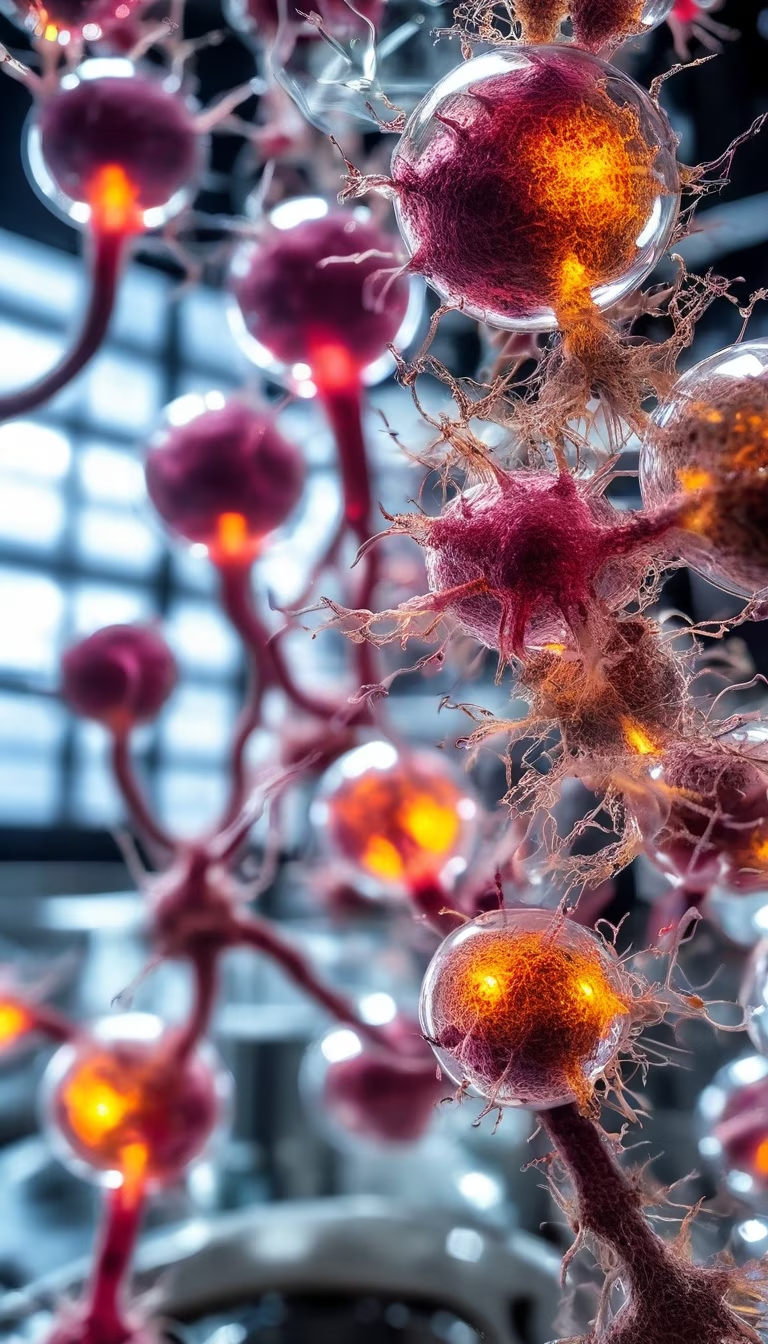

















Prompt: \"An atom, akin to a marvel of the microscopic universe, conceals its nucleus housing protons and neutrons, while electrons gracefully dance around them. This diminutive and enigmatic structure serves as the indivisible cornerstone of matter, resembling a miniature reflection of the universe at the microscopic scale.\"
Style: Photographic


Prompt: Generate a realistic image of an industrial container designed for the safe and efficient storage of blood in medical facilities. Emphasize the container's industrial-grade materials, safety features, and ensure that the overall design reflects a sterile and professional environment. Consider including details such as barcode labels, temperature monitoring systems, and any other features essential for the secure storage and transportation of blood products within the healthcare industry


Prompt: Generate an illustration showing a semiconductor material (such as titanium dioxide) represented as a lattice structure. Show incoming photons (particles of light) striking the surface of the semiconductor. Illustrate the absorption of a photon by an electron within the material, causing the electron to move to a higher energy level and become a 'free' electron. Additionally, depict the creation of a 'hole' (a positively charged vacancy) in the place where the electron previously existed within the lattice structure. Highlight the separation of the electron and the hole as distinct entities within the semiconductor material.




